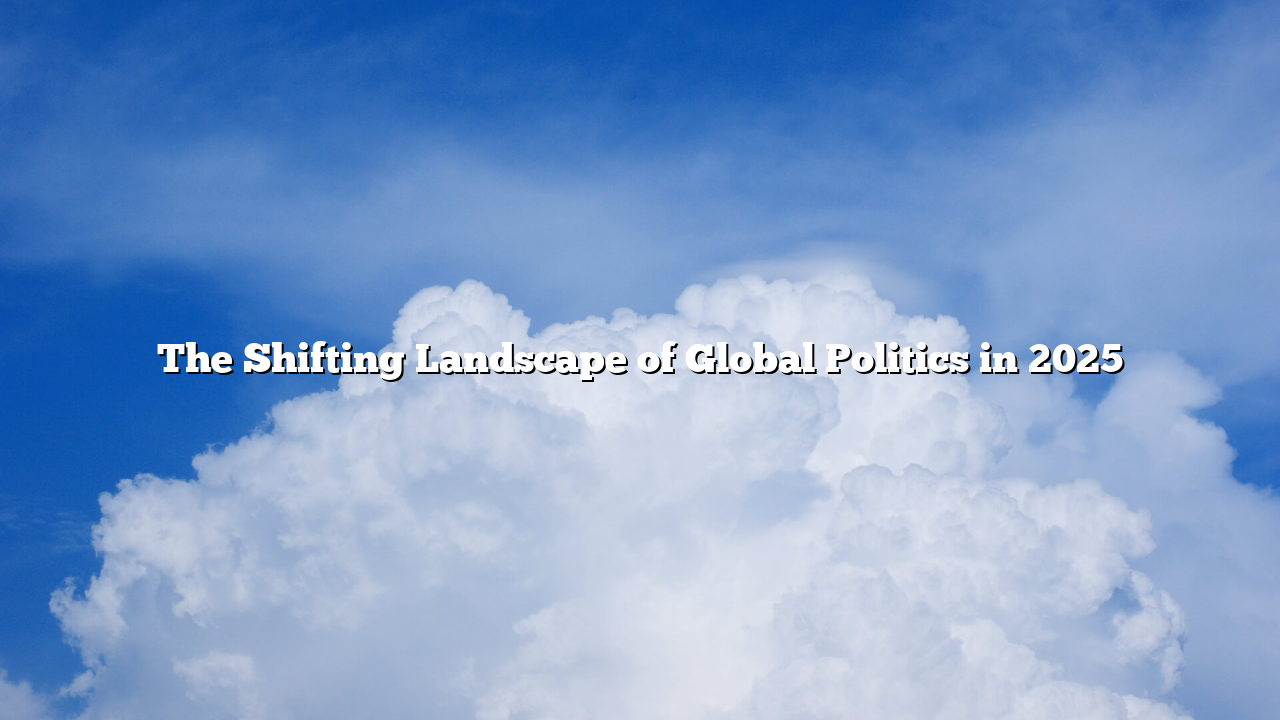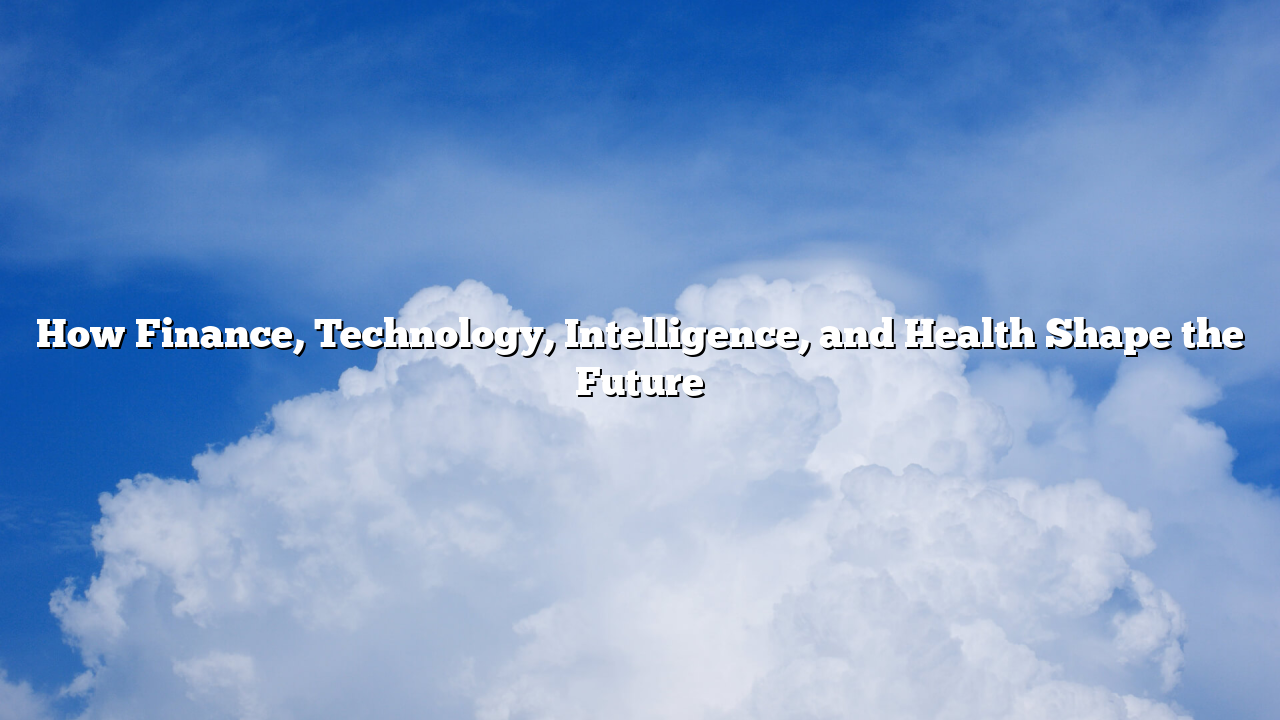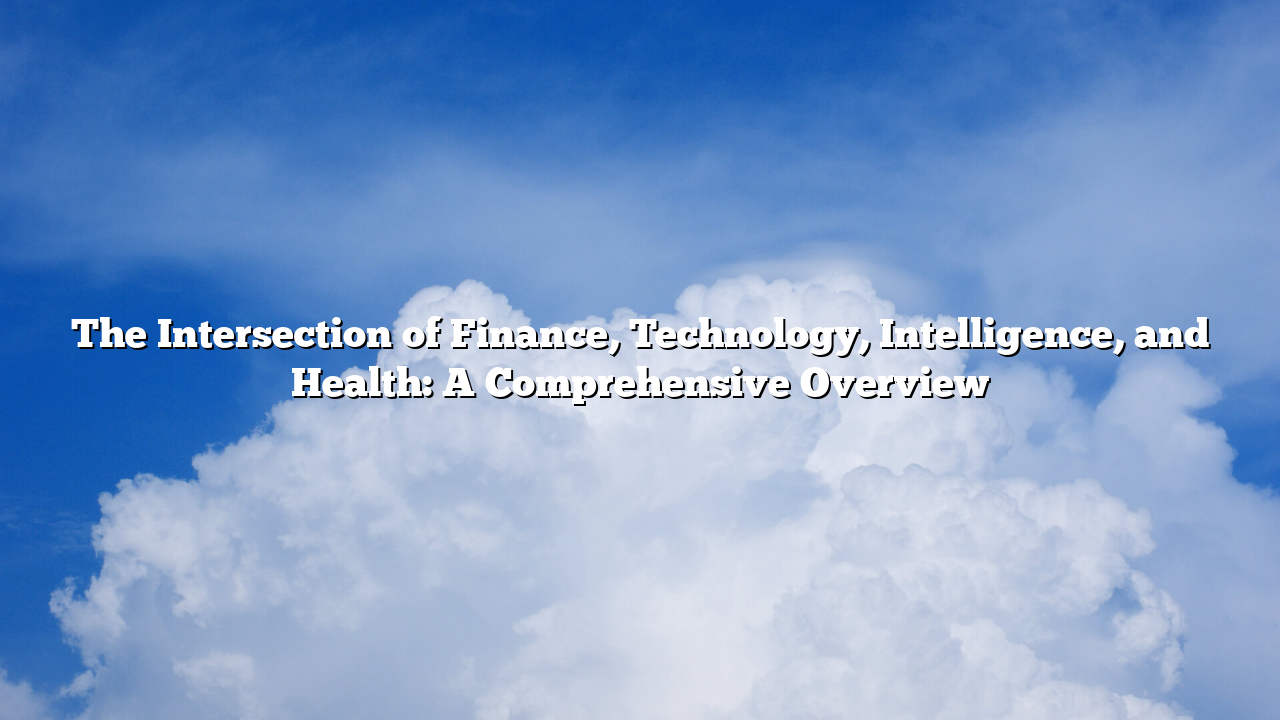As 2025 unfolds, the global political landscape is undergoing significant changes driven by elections, diplomatic conflicts, and economic challenges. Governments worldwide are navigating issues such as rising geopolitical tensions, trade policies, climate action, and technological advancements. This article examines key political developments shaping international affairs and their implications for the future.
U.S. Slot deposit 1000 : A Defining Election Year
The United States is facing one of the most consequential election years in recent history. With the presidential election scheduled for later in the year, the political climate is marked by intense debates over economic policies, healthcare reforms, foreign relations, and social issues.
The Biden administration has focused on economic recovery, renewable energy investment, and international diplomacy. However, challenges such as inflation, immigration concerns, and partisan divisions have fueled opposition. Republican and independent candidates are pushing for stricter border policies, tax reforms, and a shift in foreign policy strategies.
Voter turnout is expected to be a decisive factor in the election outcome, with younger and minority voters playing a crucial role. As political polarization deepens, both parties are striving to mobilize their bases, making this election a pivotal moment for the direction of U.S. governance.
Europe: Nationalism vs. European Unity
Europe is experiencing a growing divide between nationalist movements and pro-European Union (EU) advocates. Several countries, including France, Germany, and Italy, are seeing a rise in right-wing parties calling for stricter immigration policies and economic independence from the EU. This trend threatens the unity of the bloc as debates over trade agreements, energy security, and defense strategies intensify.
Germany, under new leadership, is focusing on strengthening military alliances and securing energy independence amid ongoing tensions with Russia. Meanwhile, France is witnessing political shifts as President Macron’s government faces challenges from opposition parties advocating for economic reforms and a tougher stance on immigration.
The European Parliament elections later this year will be a crucial test for the future of the EU. With economic recovery efforts and security concerns dominating the agenda, the results could reshape European policies in the coming years.
China-U.S. Relations: A Growing Rivalry
The competition between China and the United States continues to shape global politics. Trade disputes, technological advancements, and military strategies in the Indo-Pacific region have heightened tensions between the two superpowers.
The U.S. has maintained strict trade policies and sanctions against China, citing national security concerns over technology transfers and intellectual property theft. Meanwhile, China has increased its influence in Asia, Africa, and Latin America through infrastructure investments and economic partnerships.
Taiwan remains a major flashpoint, with both countries increasing their military presence in the region. Diplomatic talks between Washington and Beijing have sought to ease tensions, particularly on issues like climate cooperation and cybersecurity. However, the rivalry between the two nations is expected to remain a defining factor in global politics.
The Middle East: Diplomatic Shifts and Security Challenges
Political dynamics in the Middle East are evolving as countries navigate regional conflicts, economic diversification, and shifting alliances. Iran’s nuclear program remains a point of contention, with ongoing negotiations between Tehran and Western powers. Meanwhile, Saudi Arabia and the United Arab Emirates (UAE) are investing in renewable energy and technology to reduce dependence on oil exports.
Israel has strengthened diplomatic relations with Arab nations through the Abraham Accords, but tensions with Palestine persist. The conflict in Syria remains unresolved, with international efforts focused on stabilizing the region. The role of Middle Eastern countries in global energy markets is also changing as the world shifts toward renewable energy.
Russia-Ukraine War: The Ongoing Conflict
The war between Russia and Ukraine continues to impact global politics, with no clear resolution in sight. Western nations have imposed sanctions on Russia while providing military and financial support to Ukraine. The conflict has led to an energy crisis in Europe and disruptions in global food supply chains.
Ukraine remains determined to reclaim occupied territories, while Russia has reinforced its military operations. Diplomatic efforts for a ceasefire have been largely unsuccessful, and the war’s outcome will have long-term consequences for European security and global stability.
Climate Policy and International Cooperation
Climate change remains a central issue in global politics, with governments under pressure to implement effective policies to reduce carbon emissions. The United Nations Climate Conference has highlighted the need for stronger commitments from major economies, particularly in transitioning to renewable energy and reducing fossil fuel dependence.
Developing nations are demanding financial support from wealthier countries to cope with climate-related disasters and invest in green technologies. While some nations have accelerated their clean energy efforts, others are struggling to balance economic growth with environmental responsibility.
Conclusion
The global political landscape in 2025 is defined by elections, geopolitical rivalries, economic challenges, and climate policies. From the U.S. presidential race to tensions in Europe, the Middle East, and Asia, political decisions made this year will shape the future of international relations.
As governments navigate these complex issues, diplomacy, cooperation, and strategic policymaking will be key in maintaining global stability. With uncertainty looming, the world will closely watch how leaders respond to these evolving challenges in the months ahead.
The Shifting Landscape of Global Politics in 2025











Leave a Reply